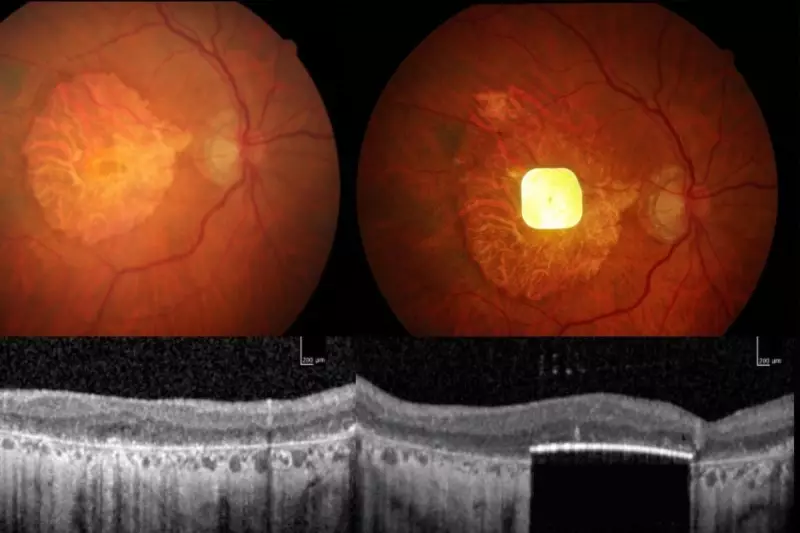
In a medical breakthrough that could transform lives, London's leading eye surgeons have developed an innovative surgical technique offering new hope to thousands of patients battling age-related macular degeneration (AMD).
The Vision Revolution
This pioneering procedure represents a significant departure from conventional AMD treatments, which typically focus on slowing disease progression rather than restoring lost vision. Surgeons at Moorfields Eye Hospital and other London centres are achieving remarkable results by directly addressing the damage caused by this devastating condition.
How the New Technique Works
The surgical approach involves carefully relocating the macular pigment epithelium, the delicate tissue layer crucial for clear central vision. When this layer becomes damaged in AMD patients, it leads to the characteristic blurring and blind spots that make reading, recognising faces, and other daily activities increasingly difficult.
Key advantages of the new procedure include:
- Potential for actual vision improvement rather than just disease stabilisation
- Reduced dependency on frequent injections and medications
- Suitable for patients who haven't responded to conventional treatments
- Long-lasting benefits that could significantly improve quality of life
Expert Endorsement and Patient Impact
Leading ophthalmologists describe the development as "genuinely game-changing" for AMD care. Professor Andrew Webster, a consultant ophthalmic surgeon, explains: "What makes this approach so exciting is that we're moving beyond damage limitation to actual vision restoration. For patients who've been told nothing more can be done, this offers real hope."
The Future of AMD Treatment
While the technique requires further refinement and larger-scale trials, early results have been overwhelmingly positive. The medical community anticipates that within the next few years, this procedure could become standard practice across NHS eye departments, potentially helping the estimated 700,000 people in the UK living with AMD.
As research continues, surgeons remain cautiously optimistic that this represents the beginning of a new era in treating one of the leading causes of vision loss in the developed world.





